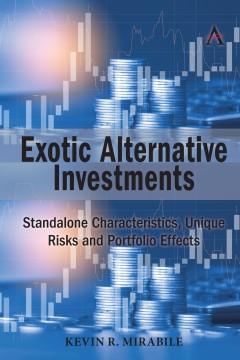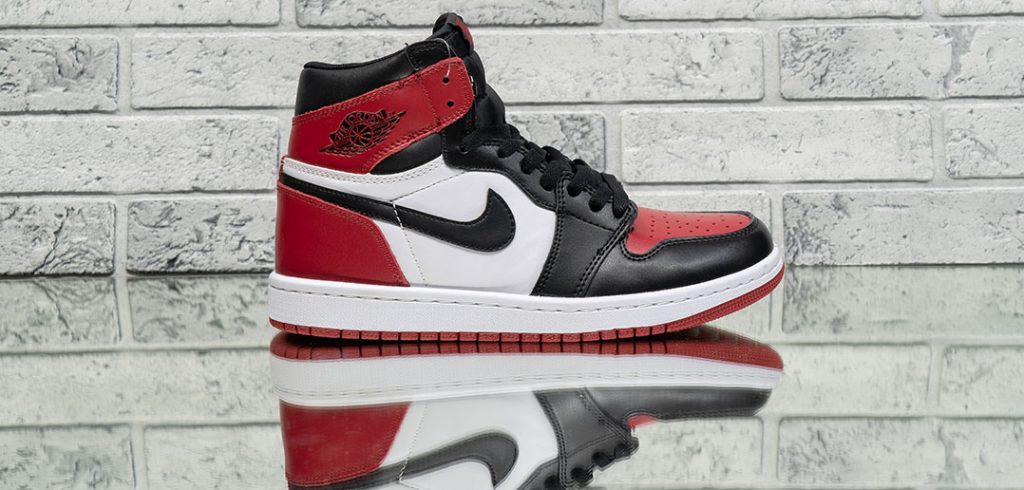And then there are shipping containers.
Americans are aging and many are downsizing. Online shopping has exploded, leading to a crushing demand for containers used to bring goods to the U.S. from overseas. Turns out, shipping containers are a great investment. And they’re not the only unusual investment out there.
“ The world’s a changing place. There are a lot of changes in where people live, how they work, how they consume their entertainment, how they store their goods, and what they think is collectible,” said Kevin Mirabile, D.P.S., a clinical associate professor of finance and business economics at the Gabelli School of Business
The world’s a changing place. There are a lot of changes in where people live, how they work, how they consume their entertainment, how they store their goods, and what they think is collectible,” said Kevin Mirabile, D.P.S., a clinical associate professor of finance and business economics at the Gabelli School of Business
“If you dig into this, there’s a lot of opportunity for investors.”
Mirabile examined all manner of quirky, offbeat investment opportunities in Exotic Alternative Investments: Standalone Characteristics, Unique Risks and Portfolio Effects (Anthem Press, 2021). The book delves into asset classes such as life insurance settlements, litigation funding, farmlands, royalties, weather derivatives, and collectibles. It follows Mirable’s first book, Hedge Fund Investing: Understanding Investor Motivation, Manager Profits and Fund Performance (BookBaby, 2020), which he updated for a third time last year.
As the head of the Gabelli School’s alternative investment concentration, Mirabile has been leading students through the finer points of real estate, hedge funds, private equity, and venture capital investments.
“If you look over the last five or 10 years, a lot of alternative asset classes no longer produce the kinds of returns that live up to investor expectation,” he said.
“I really had a desire to search for new asset classes that fulfill the promise of what alternative investments were supposed to bring. These are investments that diversify a portfolio.”
Baseball Cards, Esports, Cannabis, and Bitcoin
Mirabile established three parameters to distinguish something as an “exotic investment.” An investor needs to be able to readily trade the asset, there needs to be a publicly available index to compare its value to similar assets, and there needs to be an instrument that allows them to purchase a share in the asset, rather than just buying the underlying object. Beanie Babies don’t make the cut, but art, baseball cards, life insurance, tax liens, e-sports teams, cannabis farms, Bitcoin, and shipping containers do.
 All of them tend to trade on smaller markets, generate high returns, and importantly, their value is unrelated to the drivers of traditional stocks and bonds.
All of them tend to trade on smaller markets, generate high returns, and importantly, their value is unrelated to the drivers of traditional stocks and bonds.
“GDP growth doesn’t really affect the price of artwork. The growth of the economy doesn’t really affect esports or vintage sneakers. These things are divorced from the normal drivers of stocks and bonds,” Mirabile said.
Although most exotic assets are only to be available to high net-worth individuals, there are exceptions. If you want to buy farmland, Mirabile notes you can buy a fractional interest in an almond farm in California, and you might own one-hundredth of the property. Not into land? You can do the same for an Andy Warhol painting as well.
“There are many credible platforms that will break up a Picasso into fractural ownerships, or that will break up a baseball card, like a 1952 Mickey Mantle that just traded at $5.2 million,” he said.
A Market for Vintage Sneakers
Neither second-hand designed wedding dresses nor American Girl dolls—both of which retain or go up in value—met his parameters, but that the vintage sneakers like Air Jordans did.
“There are actually exchanges where you can go and get a quote if you want to resell those sneakers, and there are indices that Nike and Adidas put out that track the trading of those sneakers after their retail offering. I was surprised at how big that market was, and how much infrastructure has developed around it.”
The cache attached to sneakers is fragile, of course. Mirabile noted that they’re not just items to wrap around your feet; they’re culture totems associated with an artist, which creates value. Other alternative investments may derive value from a current trend.
“Some of the downside risks are if those tastes and preferences are a fad, they collapse. There are many people today who have garages full of Cabbage Patch dolls,” he said.
Some exotic investments also bring with them ethical minefields. You could profit off mortality if you invested in life insurance contracts because your returns go up if people die sooner than expected. You could also invest in a fund that’s trying to monopolize the market on usable water in San Palo Brazil—a legal, if ethically dubious proposition.
Fortunately, there are plenty of investments that are on solid ethical ground, making them attractive to investors who see interest rates at near-zero and stocks at an all-time high, Mirabile said.
“A lot of people are interested in understanding these other investment categories because they don’t have a place to put their money,” he said.
On March 2 at noon, Mirabile will talk about Exoctic Alternative Investments as part of the Gabelli School’s Centennial Speaker Series. The event is open to the public.

